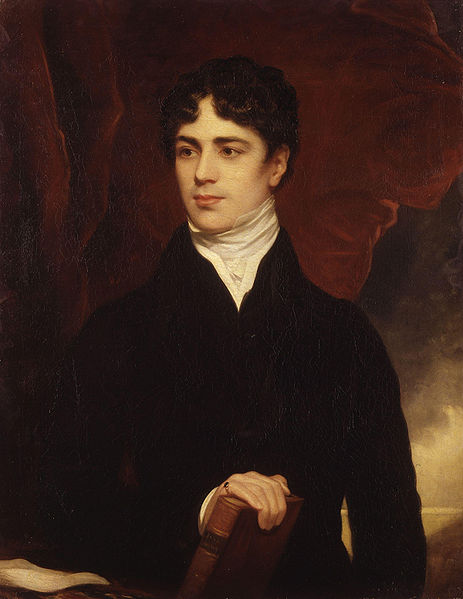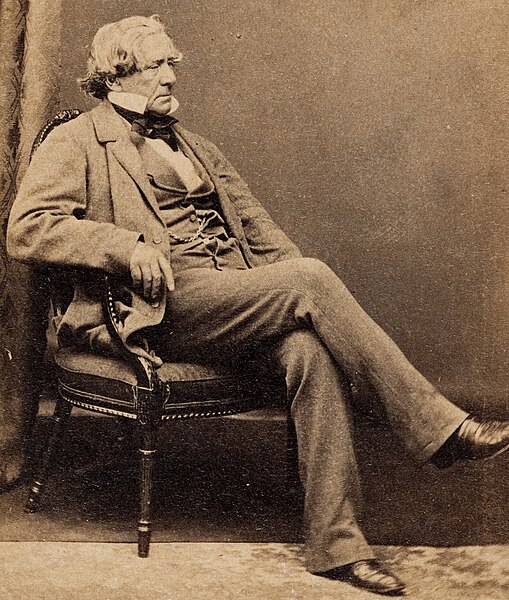Saul Solomon was an influential liberal politician of the Cape Colony, a British colony in what is now South Africa. Solomon was an important member of the movement for responsible government and an opponent of Lord Carnarvon's Confederation scheme.
Portrait of Saul Solomon, at his seat in the Cape House of Assembly
The Cape Colony in 1878, on the eve of the Confederation wars
Reactionary cartoon depicting Saul Solomon with the prominent anti-imperialist leaders of southern Africa as his "pets". The pets shown are Zulu King Cetshwayo, the Beaufort lion John Molteno (Cape Prime Minister), and John X Merriman (shown as a monkey).
Responsible government is a conception of a system of government that embodies the principle of parliamentary accountability, the foundation of the Westminster system of parliamentary democracy. Governments in Westminster democracies are responsible to parliament rather than to the monarch, or, in a colonial context, to the imperial government, and in a republican context, to the president, either in full or in part. If the parliament is bicameral, then the government is responsible first to the parliament's lower house, which is more representative than the upper house, as it usually has more members and they are always directly elected.
The Legislative Assembly of Lower Canada in 1792. Elective assemblies existed in British North America since the 18th century, although the colonies' executive councils were not beholden to them.
The Earl of Durham, Governor General of British North America, made a report shortly after the 1837–38 rebellions that recommended the implementation of responsible government
A political cartoon from Punch in Canada, in 1849, depicting a "young Canada" being delighted by Lord Elgin pulling the strings of a puppet, representing responsible government
William Charles Wentworth was the leading advocate for responsible government in the Australian colonies and was central in the establishment of the Parliament of New South Wales.







